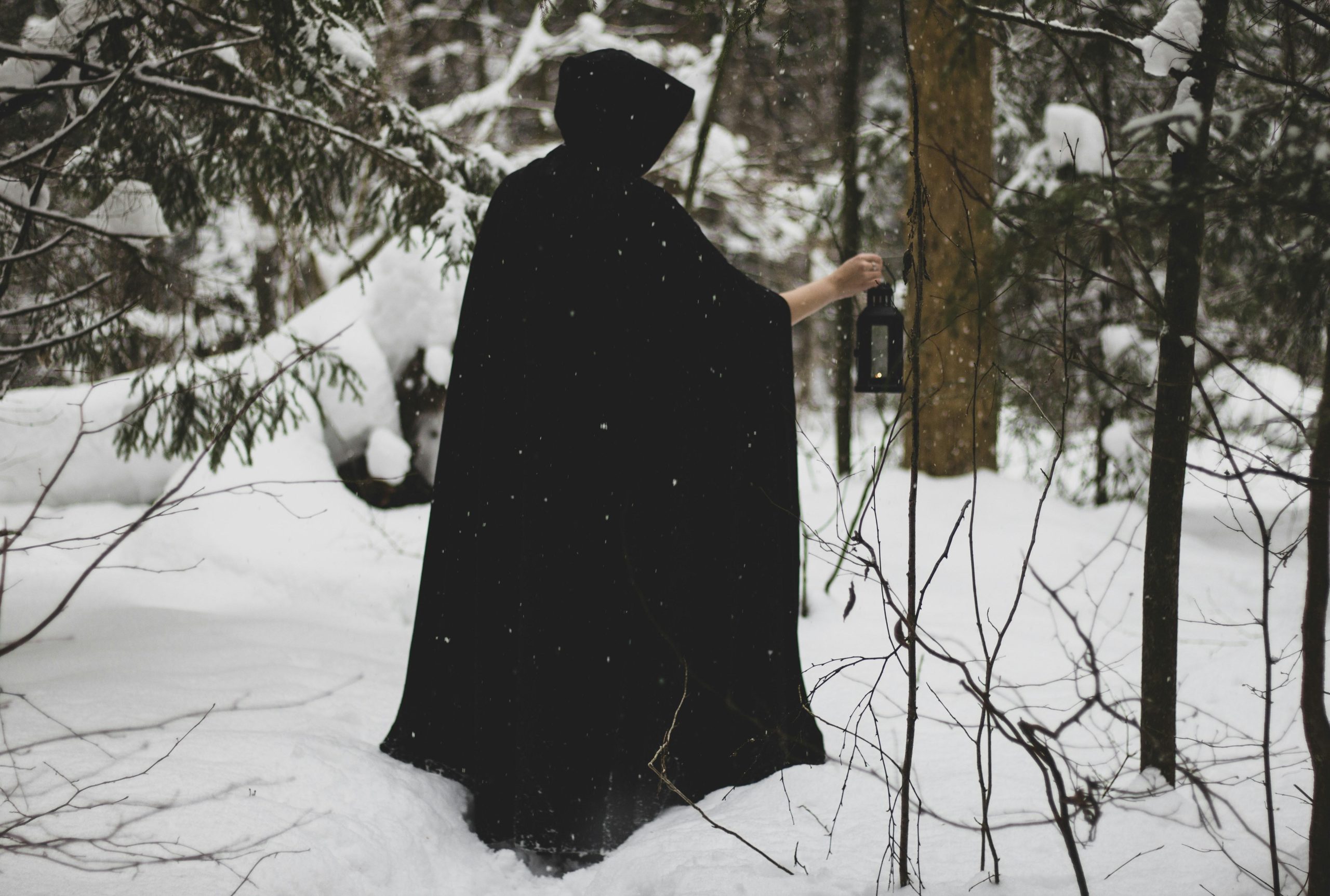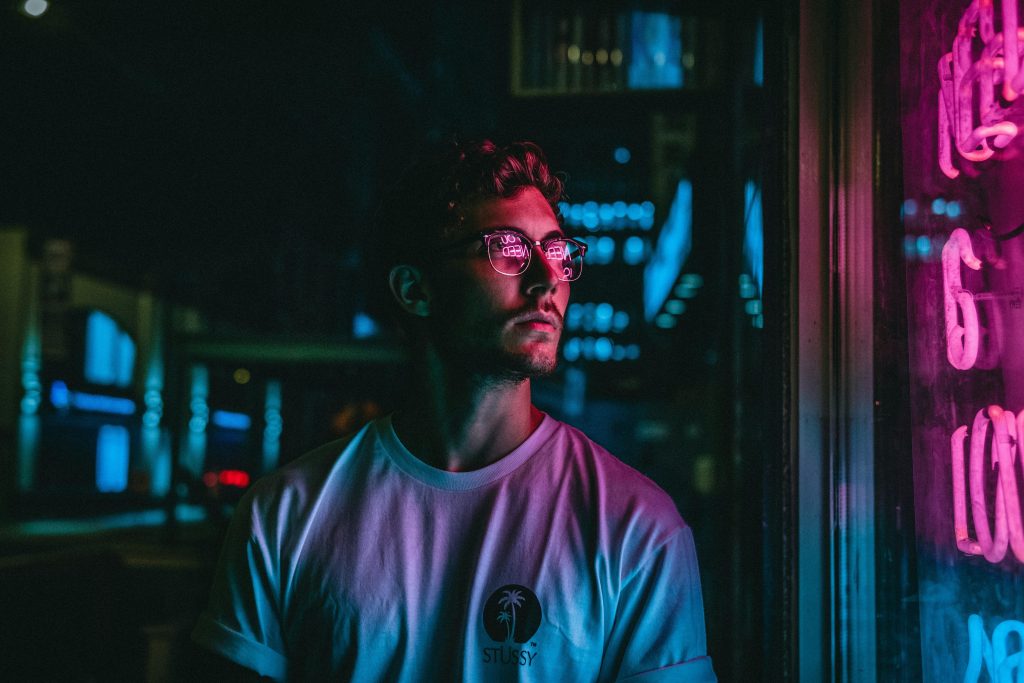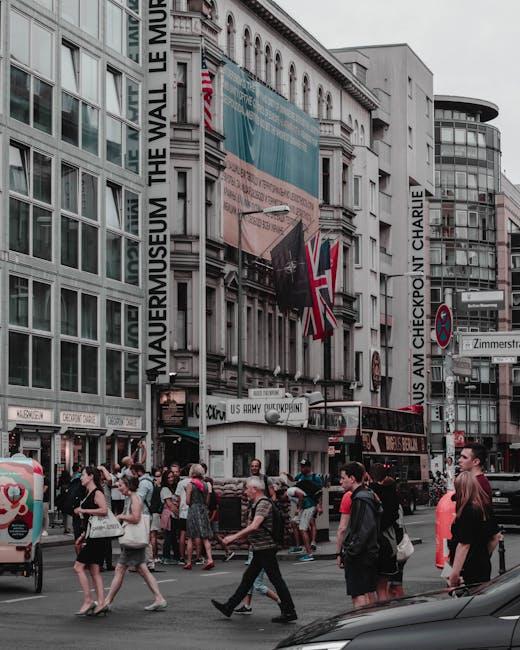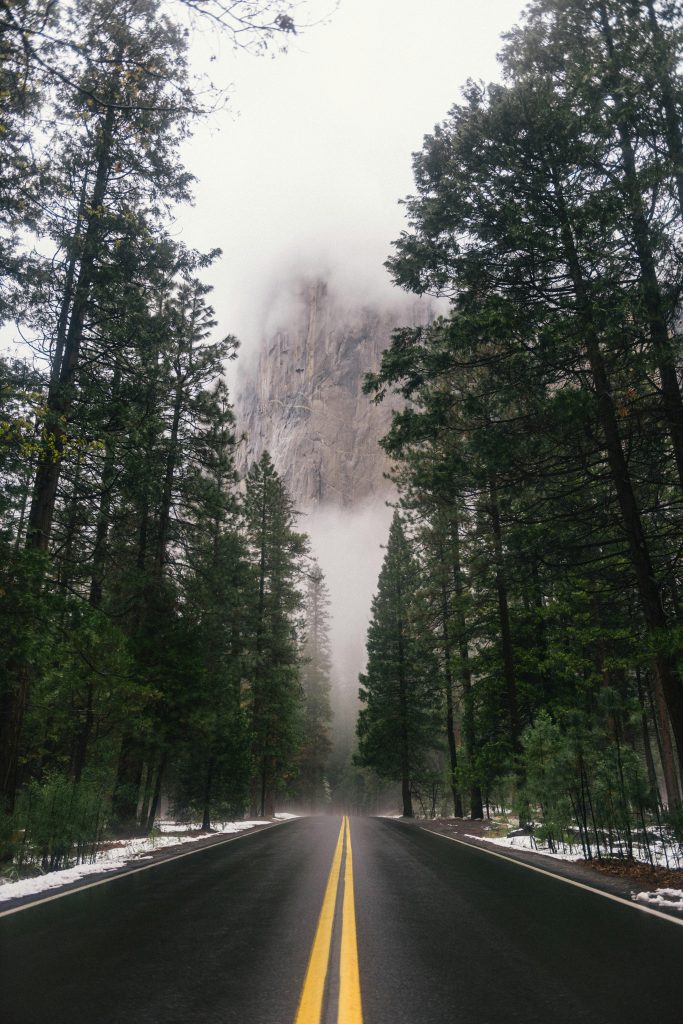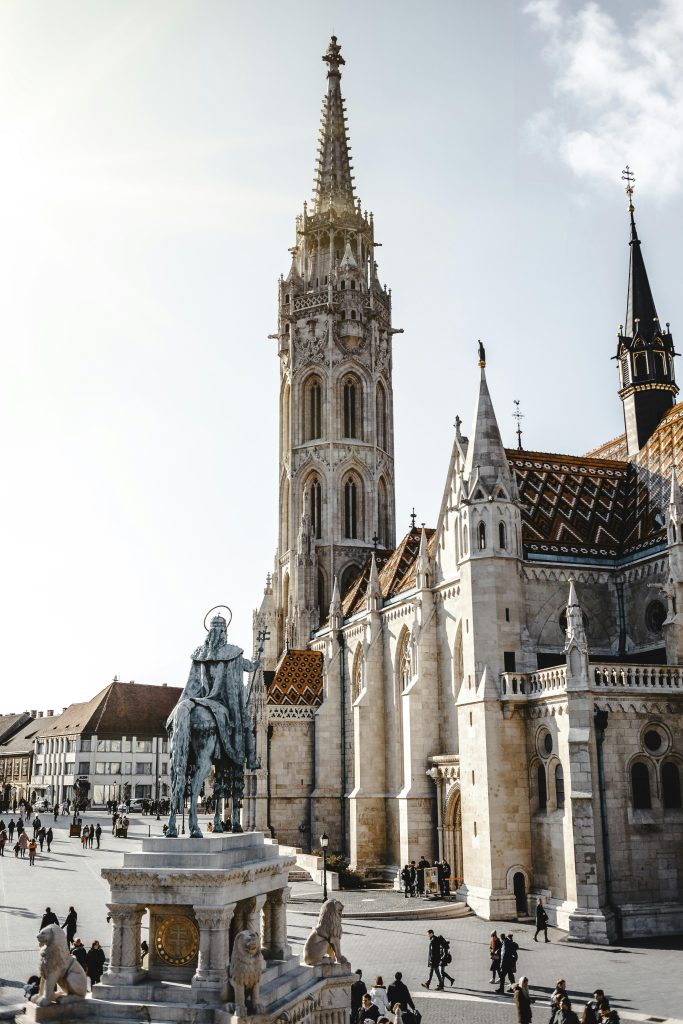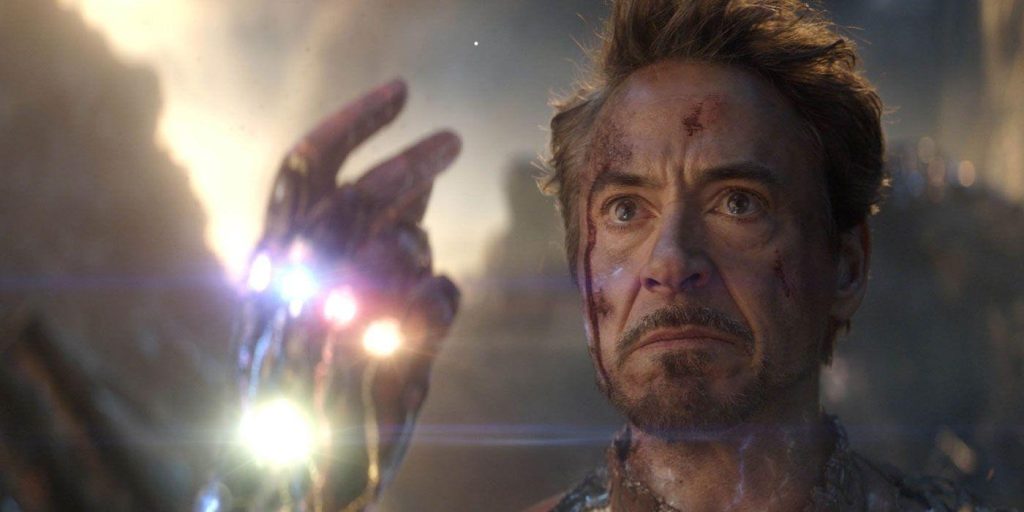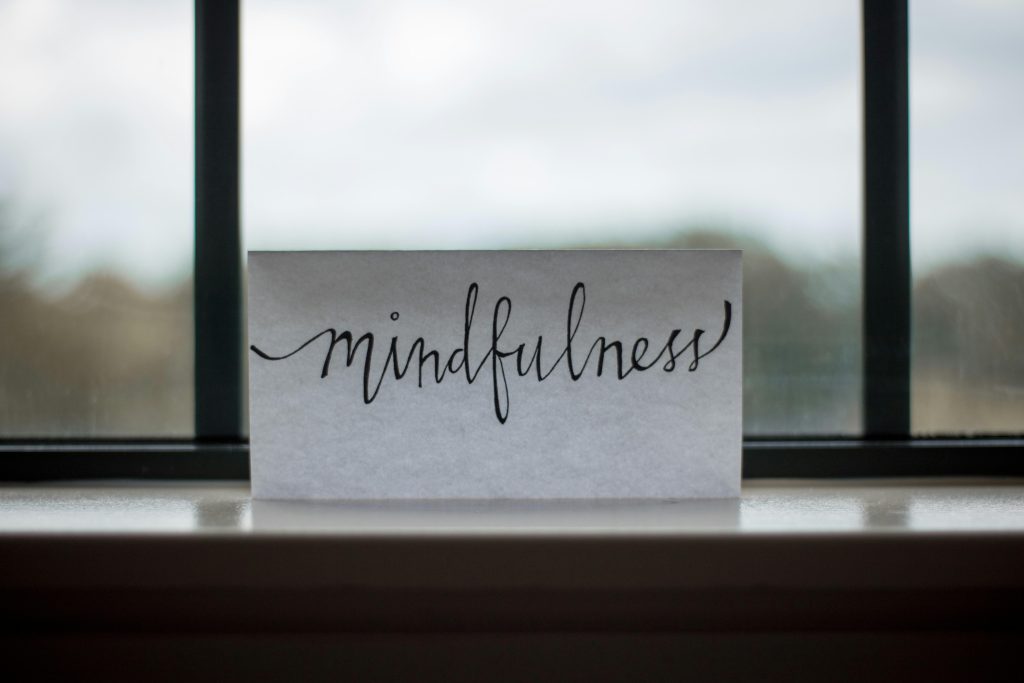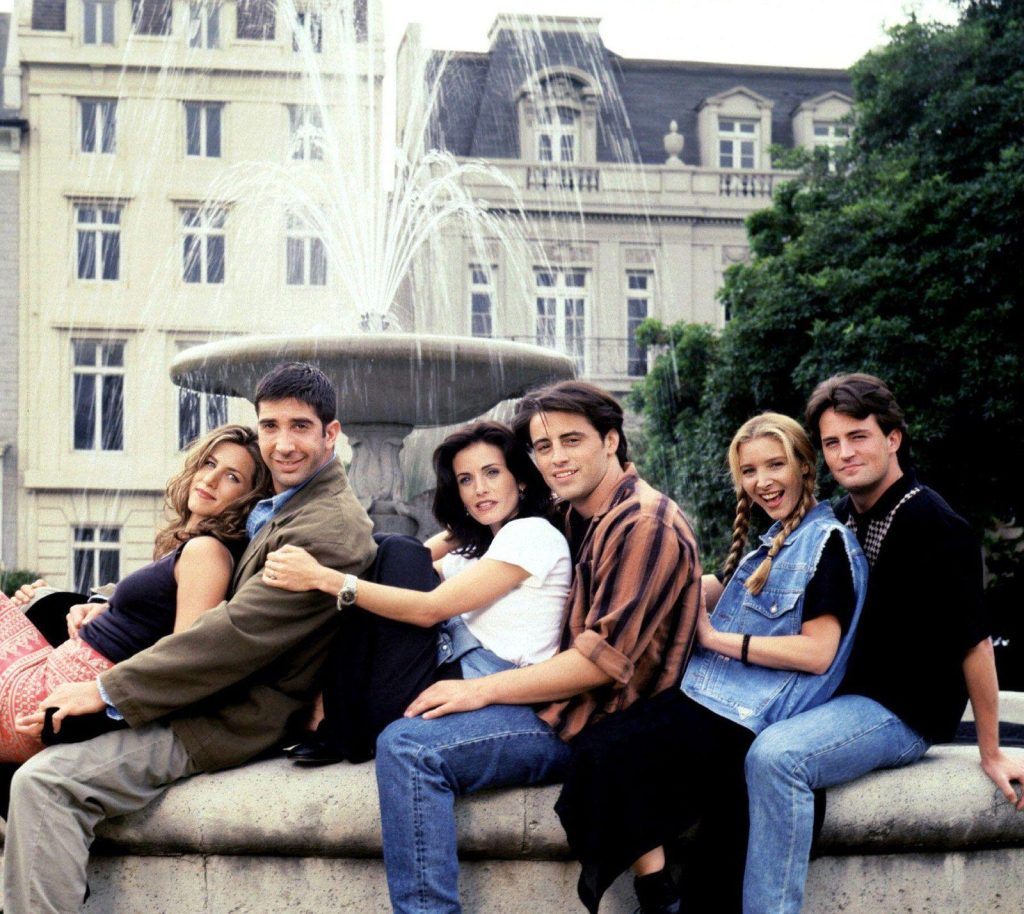In the vast, sprawling landscape of modern fantasy television, two titans have emerged from the mists of legend and lore, each vying for the throne of the genre’s greatest spectacle. ”Game of Thrones,” with its intricate political machinations and heart-stopping betrayals, carved a bloody path into the annals of pop culture history. Now, as the echoes of dragons’ roars and the chill of winter fade into memory, a new contender steps forward from the shadowy forests of the Continent: “The Witcher.” With its roots sunk deep in Slavic mythology and a story brimming with magic, monsters, and moral ambiguity, it poses a tantalizing question to fans and critics alike—can it fill the colossal void left by Westeros’ epic saga? As we journey into this enchanting new world, we must ask ourselves if Geralt of Rivia, with his silver sword and stoic demeanor, is the hero we’ve been waiting for, or merely a flicker in the long shadow cast by the Iron Throne. Join us as we delve into the rich tapestry of “The Witcher” to determine if it truly is a worthy successor to the legacy of “Game of Thrones.”
Legacy of Legends: Comparing Epic World-Building
The worlds of Game of Thrones and The Witcher are sprawling tapestries woven with intricate lore, complex political intrigue, and rich cultural landscapes. While both narratives draw from deep wells of history and mythology, their approaches to world-building offer distinct flavors. Game of Thrones masterfully crafts a realm where political machinations and the brutal quest for power shape the very fabric of society. Its world is grounded in a gritty realism, where even the most fantastical elements, like dragons and the undead, are presented with a somber gravity.
In contrast, The Witcher presents a universe steeped in folklore and mysticism, embracing its Slavic roots to create a world brimming with magical creatures and moral ambiguity. The series delves into the grey areas of heroism and villainy, often blurring the lines between the two. Key elements that define the epic scope of both universes include:
- Political Intrigue: Both narratives intricately weave political plots that influence their worlds’ destinies.
- Mythology and Lore: Each story taps into deep-rooted myths, offering a rich backstory that enhances their worlds.
- Complex Characters: Characters are multi-dimensional, evolving with the narrative and contributing to the world’s depth.
While Game of Thrones sets a high bar with its intricate political webs and harsh realism, The Witcher carves its own niche with its enchanting blend of magic and morality, making it a compelling contender in the realm of epic storytelling.
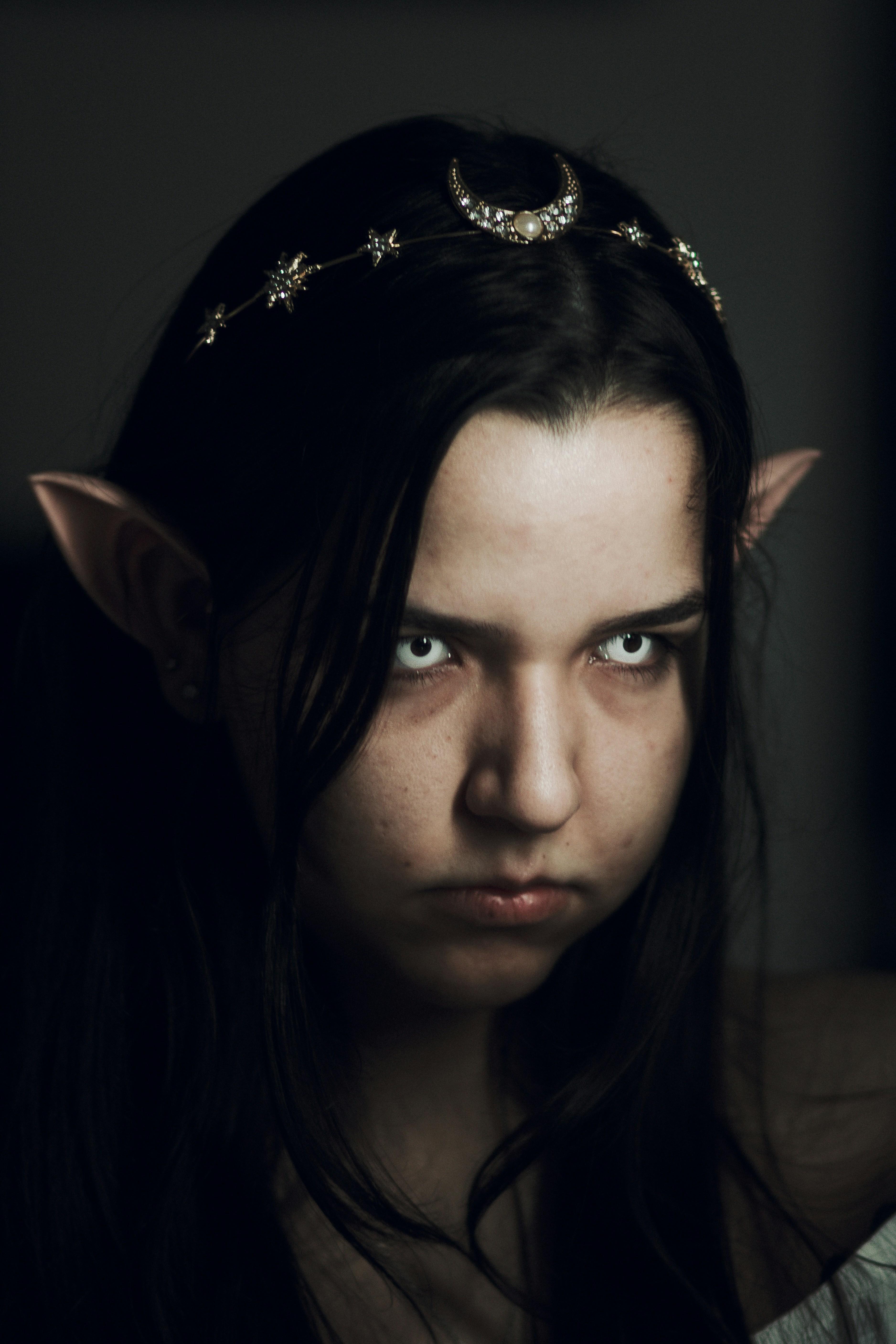
Character Arcs and Development: A Tale of Two Sagas
In the realm of epic fantasy, the journey of a character is as crucial as the plot itself. Game of Thrones set a high bar with its intricate character arcs that transformed individuals in unexpected ways. From the ruthless evolution of Arya Stark to the tragic descent of Jaime Lannister, each character was a tapestry of motivations, flaws, and growth. The Witcher, however, offers a different flavor of character development. Geralt of Rivia, the stoic monster hunter, evolves not through the grandiose political intrigues but through personal quests and moral dilemmas. His arc is more introspective, focusing on the nuances of humanity within the supernatural chaos.
- Complexity and Growth: While Game of Thrones thrives on multi-layered transformations, The Witcher hones in on personal growth against the backdrop of a mystical world.
- Moral Ambiguity: Both sagas revel in shades of gray, but where Westeros’ politics drive character decisions, the Continent’s lore and ethical conundrums shape Geralt’s path.
- Emotional Resonance: The emotional stakes in Game of Thrones are often tied to familial and political bonds, whereas in The Witcher, they are intertwined with destiny and choice.
Ultimately, The Witcher crafts its narrative with a focus on personal redemption and the price of neutrality, offering a fresh take on character evolution that stands distinct yet compelling alongside the legacy of Game of Thrones.
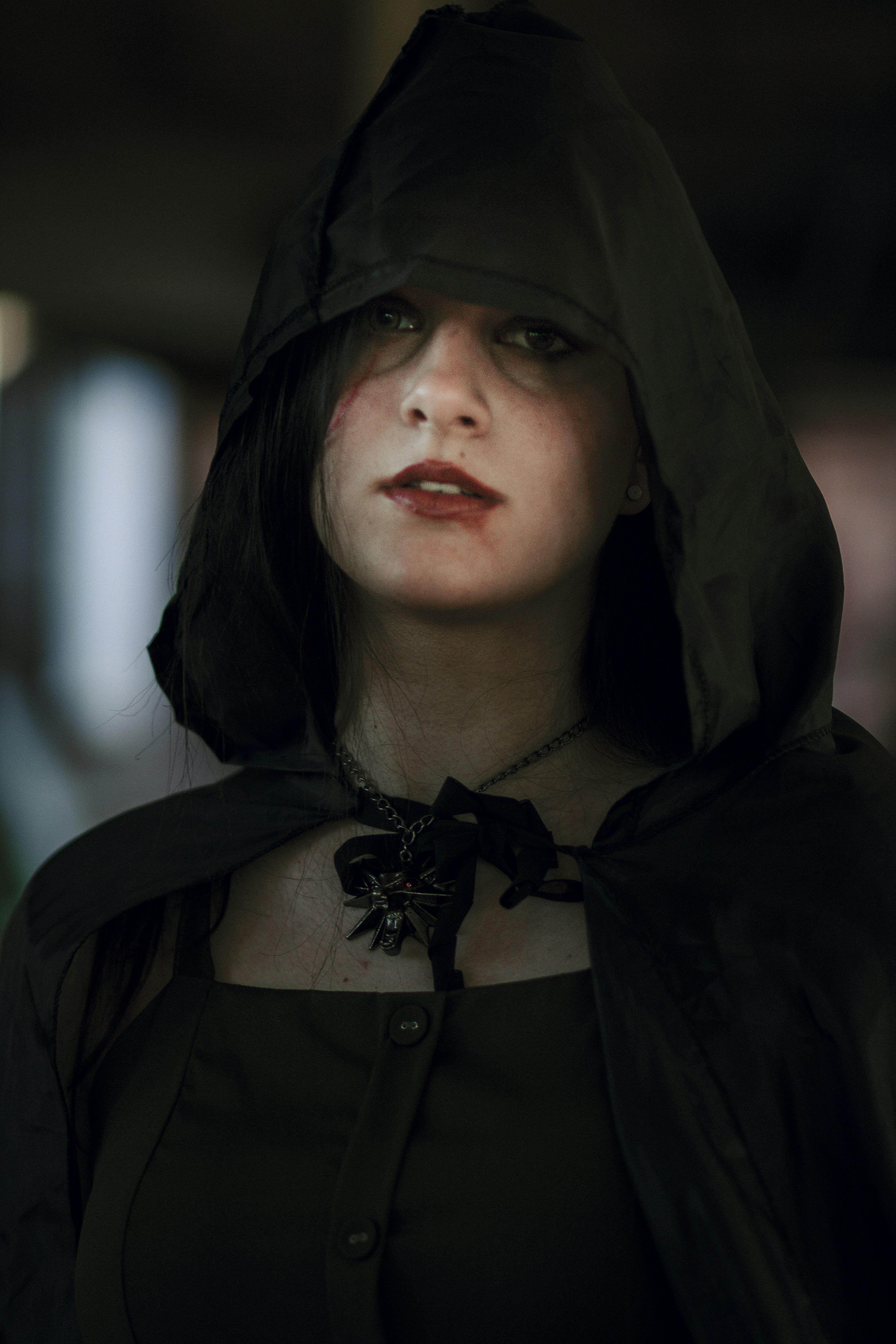
Visual Spectacle and Cinematic Excellence: A New Benchmark
The landscapes of The Witcher unfurl like a vivid tapestry, weaving together breathtaking vistas and meticulously crafted settings that rival the most ambitious fantasy realms. From the ominous forests of Brokilon to the bustling streets of Novigrad, each scene is a visual feast, demanding attention and admiration. The attention to detail in costume and set design is nothing short of extraordinary, drawing viewers into a world that feels both expansive and intimate.
Where Game of Thrones set the bar for epic storytelling, The Witcher elevates it with its own brand of cinematic excellence. The series embraces a bold color palette and dynamic camera work, creating a visual language that is as distinctive as it is compelling. Its commitment to practical effects, combined with seamless CGI, brings mythical creatures to life in a way that is both believable and awe-inspiring. Key elements include:
- Dynamic Fight Choreography: Each battle scene is a masterclass in tension and choreography.
- Stunning Cinematography: Every frame is a carefully composed work of art.
- Immersive Soundscapes: The audio elements enhance the magical realism of the series.
In embracing these elements, The Witcher crafts an experience that not only stands alongside Game of Thrones but confidently carves its own niche in the pantheon of fantasy television.
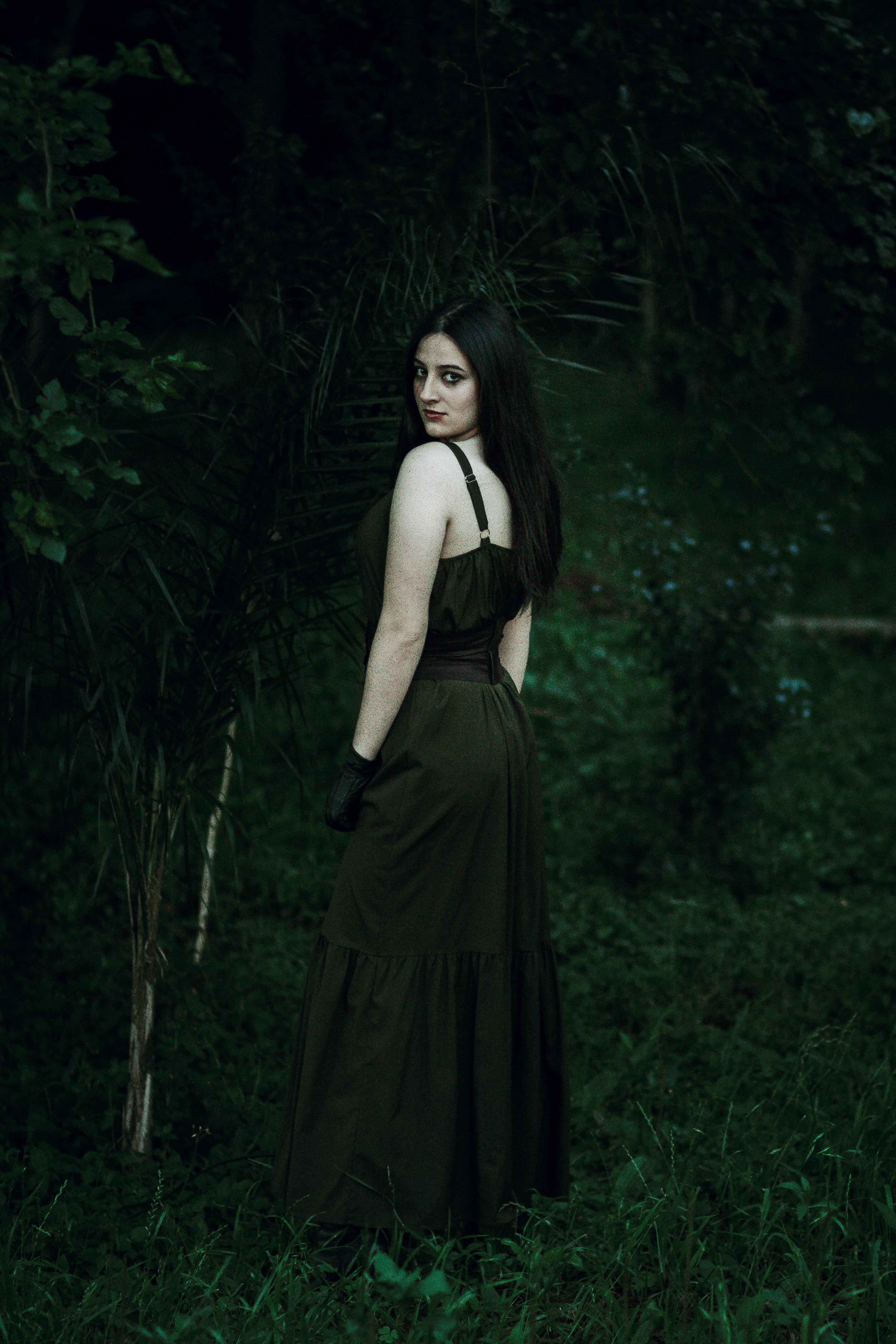
Audience Engagement and Cultural Impact: The Ultimate Verdict
When it comes to audience engagement, “The Witcher” has certainly captured the hearts and minds of viewers worldwide. With its rich storytelling, intricate character development, and breathtaking visuals, the series invites fans into a universe that feels both familiar and novel. The immersive world-building and complex narratives create a tapestry that encourages active discussion and speculation, similar to the fervor once reserved for “Game of Thrones”. Social media platforms buzz with fan theories, cosplay creations, and debates about character arcs, showcasing a vibrant community of enthusiasts.
On the front of cultural impact, “The Witcher” offers a fresh take on fantasy tropes, resonating with audiences who crave depth and diversity in storytelling. The series has made significant strides in representing nuanced characters and exploring themes that transcend the fantasy genre. Consider these elements:
- Strong Female Characters: From the fierce Yennefer to the resilient Ciri, the show features women who defy traditional roles, challenging stereotypes and inspiring viewers.
- Complex Morality: Much like its predecessor, “The Witcher” delves into the gray areas of morality, presenting characters with choices that provoke thought and reflection.
- Global Appeal: With its roots in Slavic mythology and folklore, the series brings a unique cultural flavor that enriches the global fantasy landscape.
In essence, “The Witcher” not only captivates its audience but also leaves an indelible mark on popular culture, making a strong case for its status as a worthy successor to the throne.

